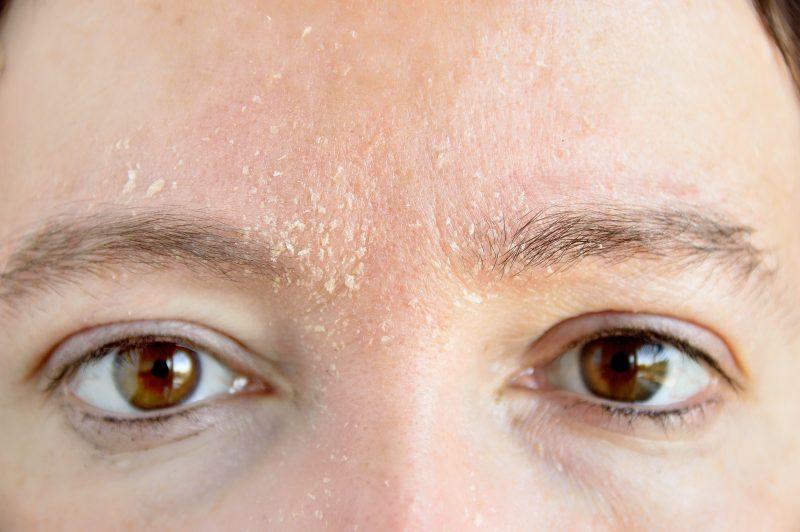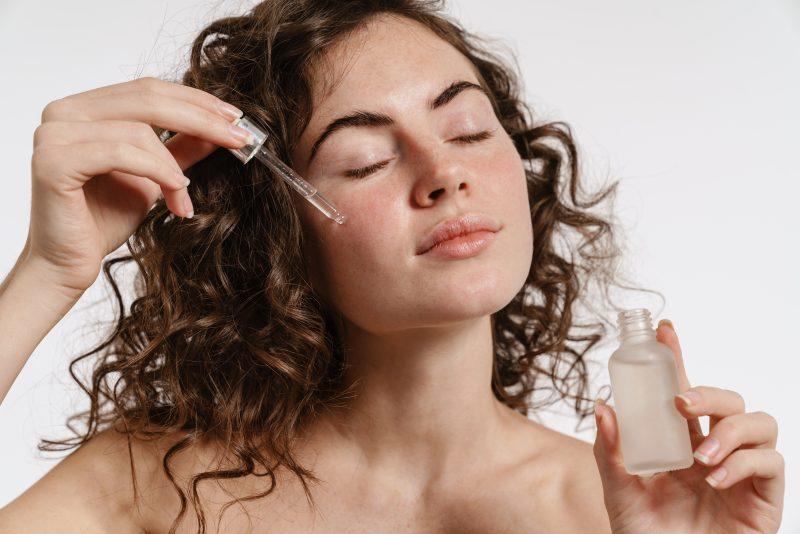Skincare
Bath Rituals: Unlocking the Power of Healing and Relaxation
When it comes to self-care and holistic wellness, there is one daily ritual that has stood the test of time: bathing. Throughout history and across cultures, bathing has been more than just a means to cleanse the body; it has been a sacred practice, a moment of rejuvenation, and a pathway to healing the mind, body, and spirit. In this article, we will explore the ancient traditions and modern practices of bath rituals, uncovering the secrets to unlocking the power of healing and relaxation.
The Ancient Origins of Bath Rituals
Bathing rituals have been an integral part of human civilization for centuries. From the ancient bathing houses of Rome to the traditional onsen in Japan, cultures around the world have recognized the transformative power of water. The therapeutic benefits of warm water, combined with intentional practices, have been used to alleviate physical ailments, promote mental well-being, and foster spiritual growth.
Hydrotherapy: Science Meets Serenity
At the core of many bath rituals is the science of hydrotherapy. Soaking in warm water triggers the dilation of blood vessels, which relaxes muscles and eases pain. The physical benefits of hydrotherapy extend beyond muscle relaxation; it can also alleviate symptoms associated with arthritis, fibromyalgia, migraines, sleep disorders, and more. But the healing power of water goes beyond the physical realm; it has a profound impact on our emotional well-being as well.
The Emotional Impact of Bathing
In our fast-paced, modern lives, finding moments of tranquility and self-care is essential. Bath rituals provide the perfect opportunity to slow down, relax, and nourish our souls. The warm embrace of the water, combined with the soothing ambiance created through candles, soft lighting, and calming music, creates a sacred space for introspection and rejuvenation. It allows us to release the stress and tension that accumulates in our bodies and minds, promoting a sense of calm and balance.
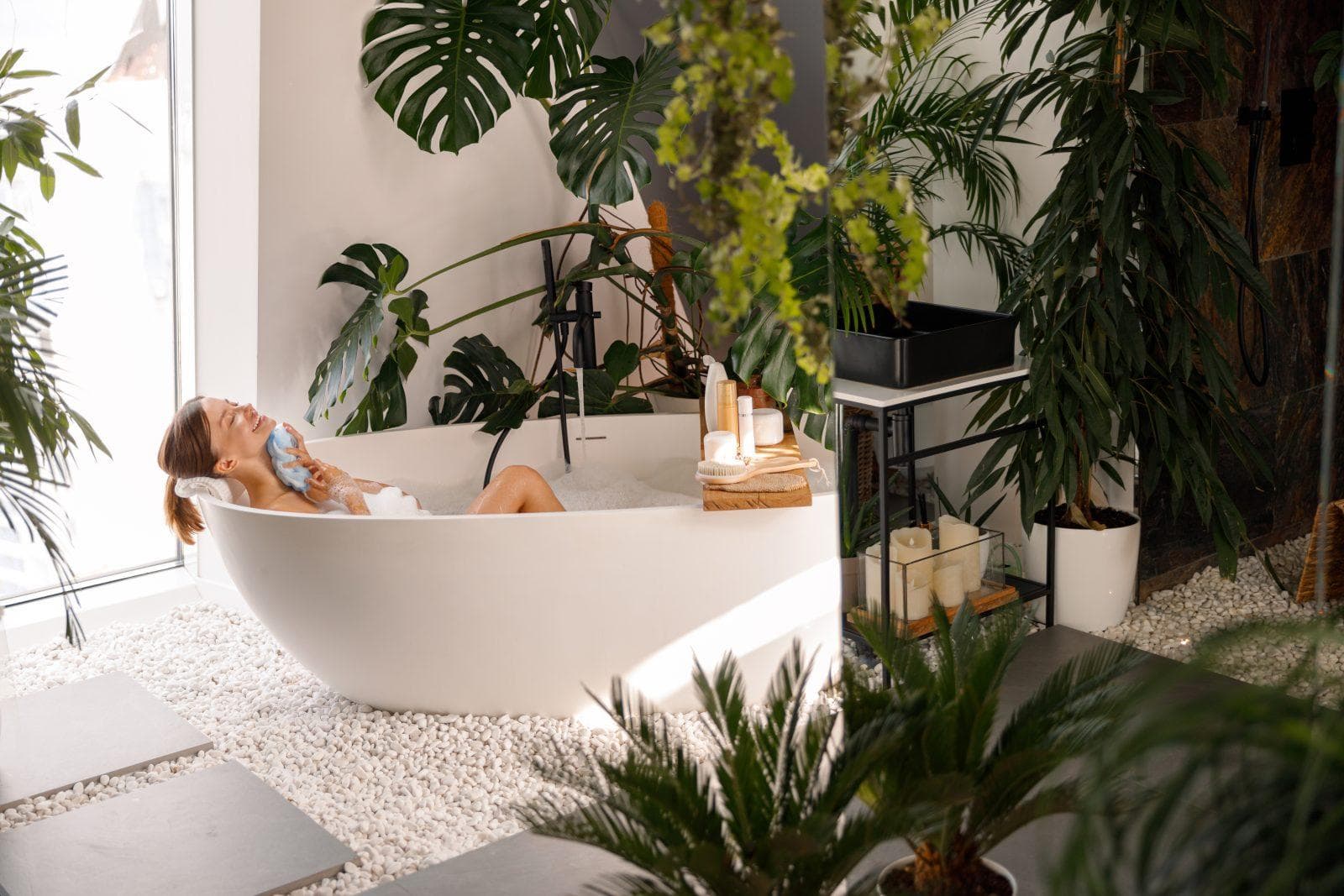
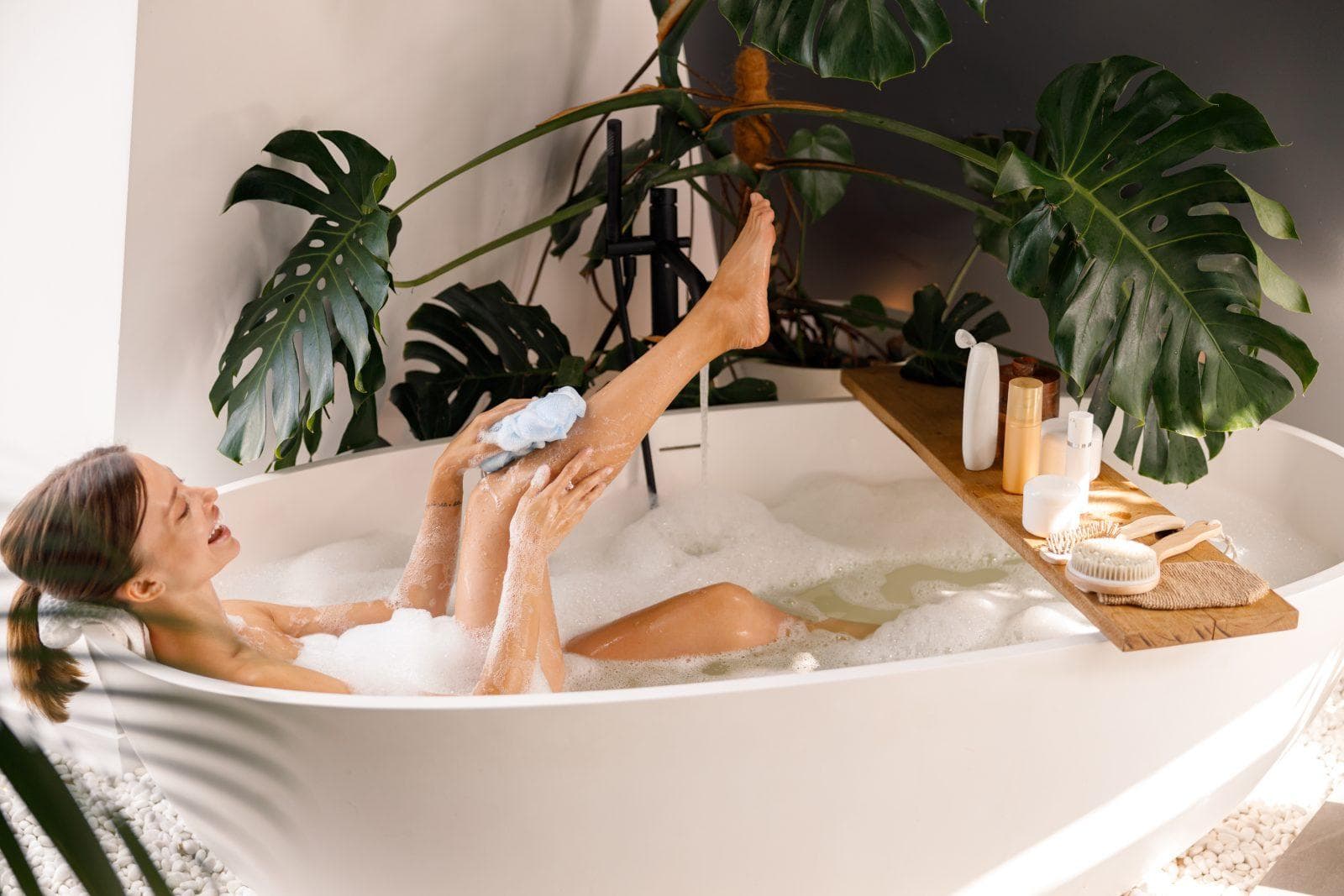
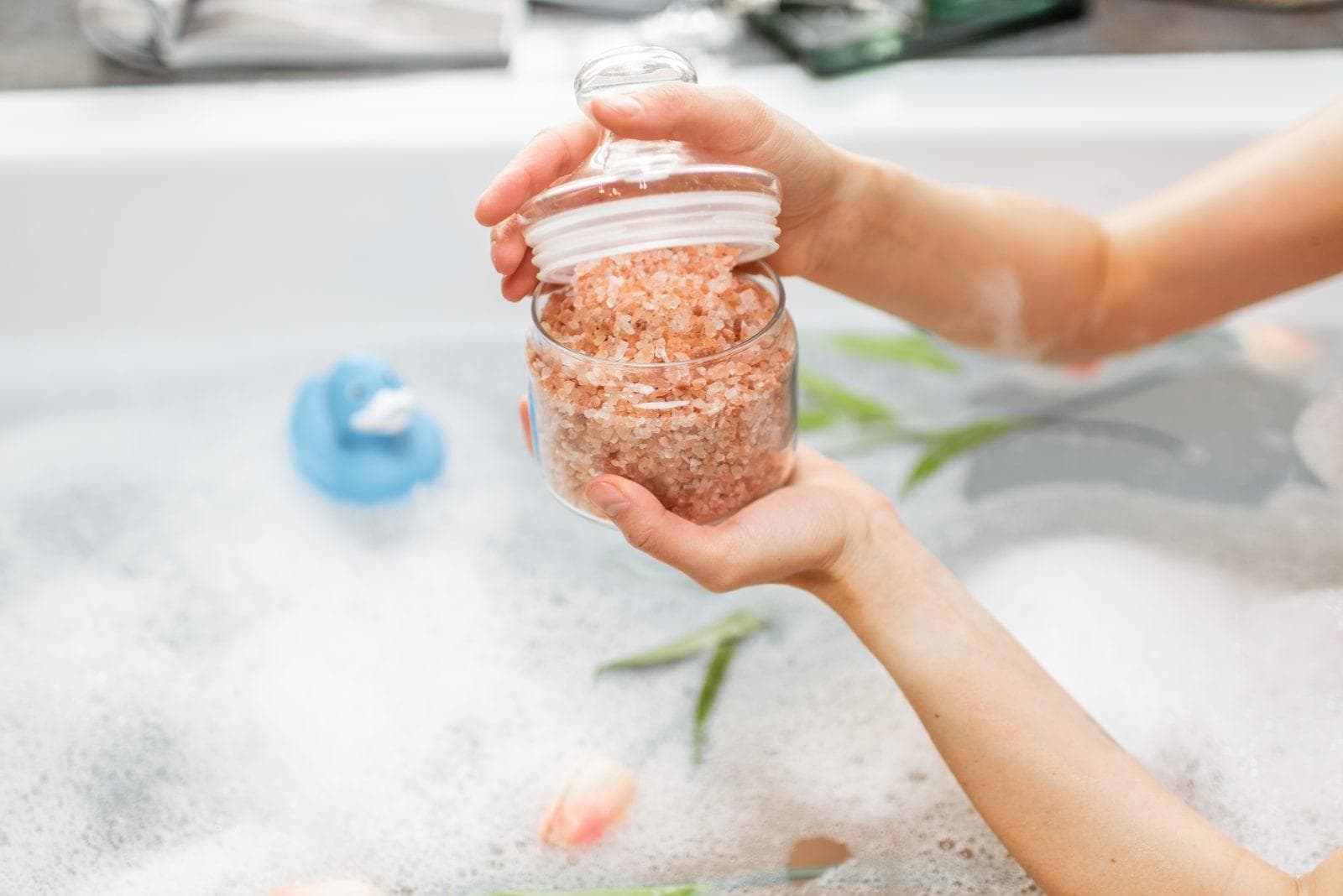
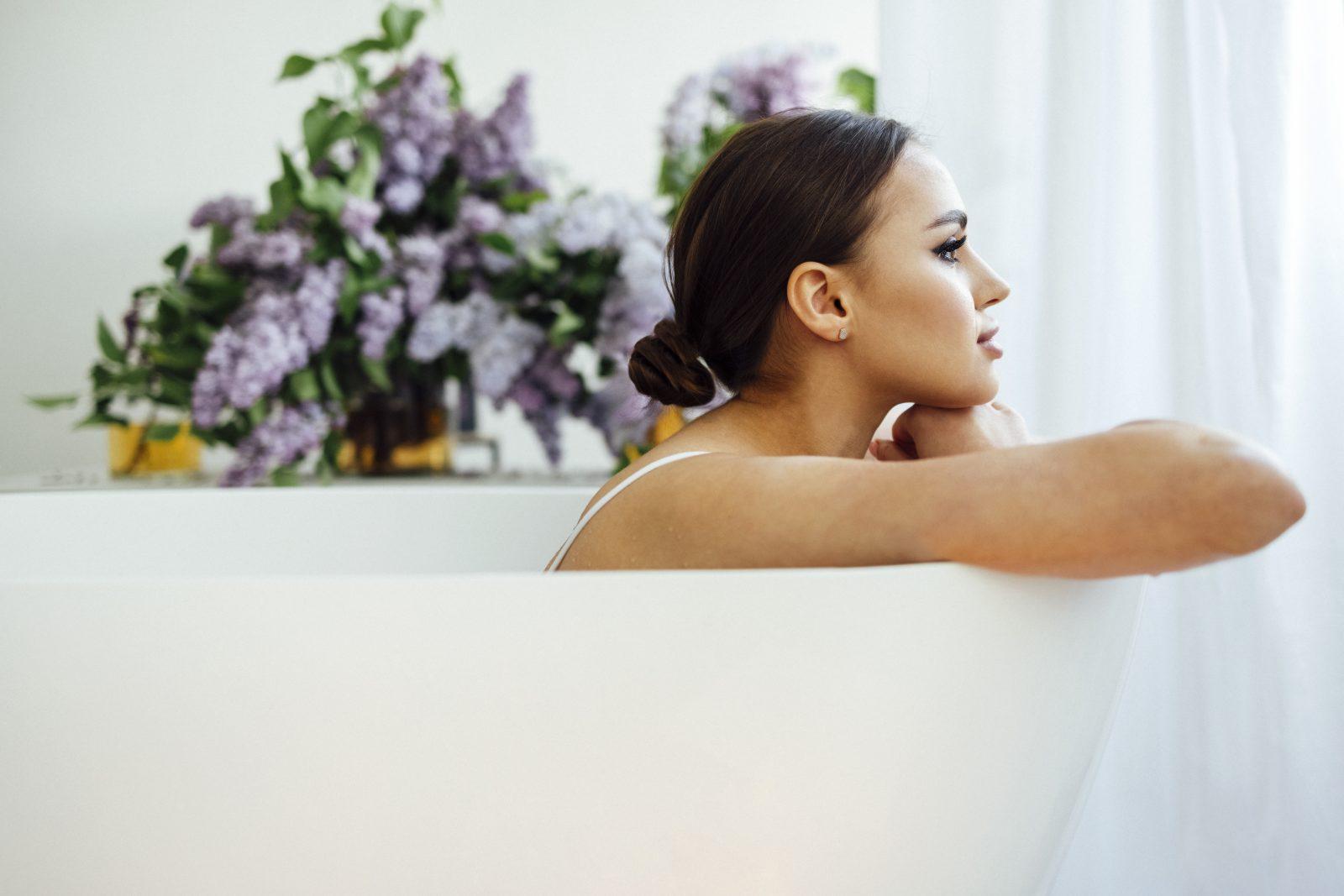
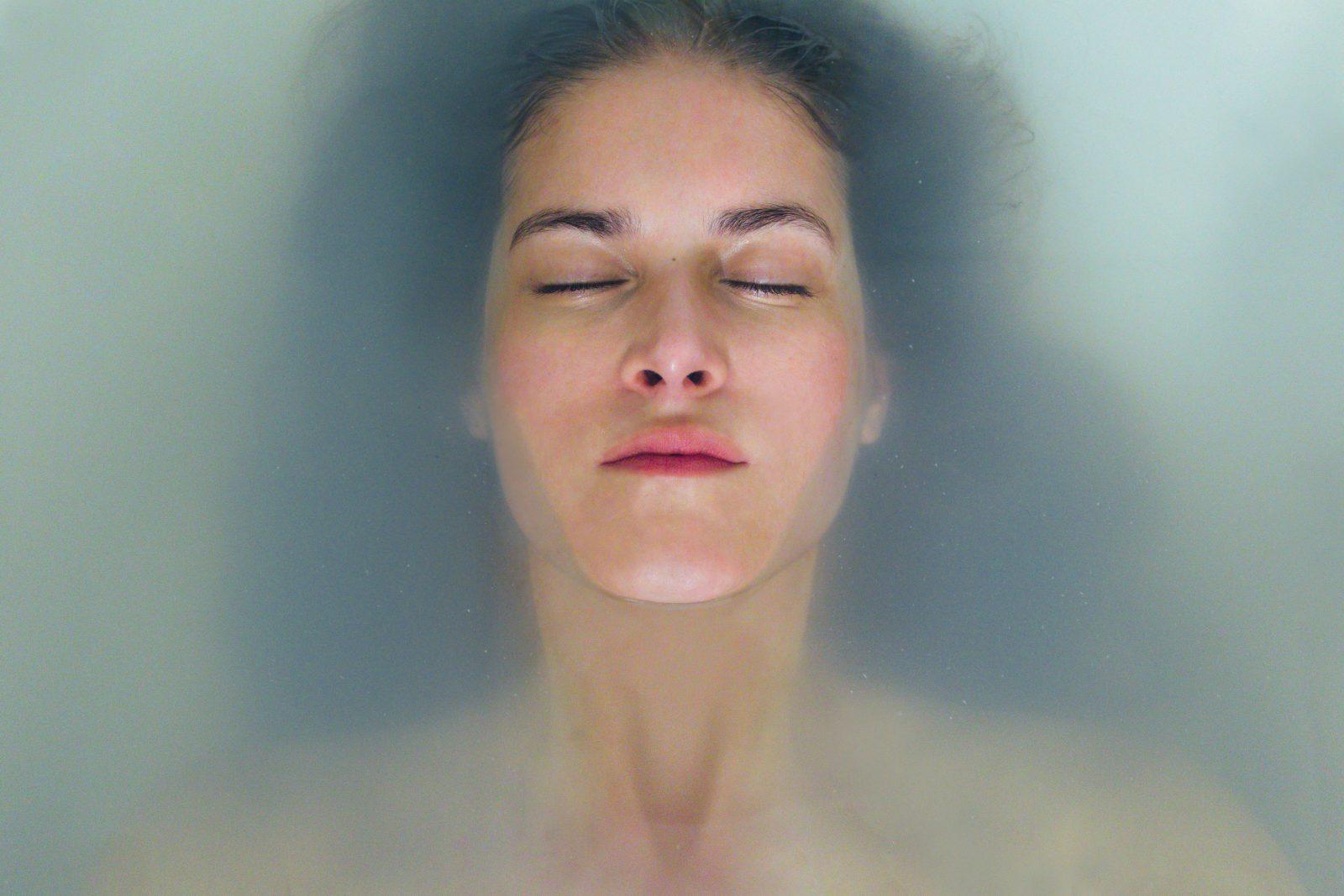
Creating Your Personal Bath Ritual
While bathing rituals have deep historical and cultural roots, the beauty of incorporating them into our lives today is the ability to customize and personalize the experience. Each individual has unique needs and preferences, and your bath ritual should reflect that. Here are some key elements to consider when creating your personal bath ritual:
Carving Out Time for Self-Care
The first step in creating a bath ritual is to make it a priority in your schedule. Just as you would schedule a meeting or appointment, set aside dedicated time for your bath ritual. Whether it’s a weekly indulgence or a nightly routine, commit to giving yourself this gift of self-care.
Setting the Mood
Transform your bathroom into a sanctuary of tranquility. Clear the clutter, dim the lights, and light some candles to create a soothing ambiance. Consider adding natural elements like flowers or plants to bring a touch of nature indoors. And don’t forget to leave your electronic devices outside the bathroom door; this is a moment for you to disconnect and be fully present.
Finding the Perfect Temperature
The temperature of your bathwater is crucial for a blissful bathing experience. Aim for water that is close to body temperature or slightly above. Extremely hot water can be drying to the skin and may pose health risks for certain individuals. Test the water with your hand to ensure it is comfortably warm before stepping in.
Enhancing Your Bath with Aromatherapy
Elevate your bath ritual with the power of aromatherapy. Essential oils have been used for centuries for their healing properties. Choose oils that resonate with you and your desired outcome. For relaxation, consider lavender, chamomile, or ylang-ylang. For an energizing boost, try citrus oils like grapefruit or lemon. Add a few drops of your chosen essential oil to your bathwater, allowing the aroma to envelop you and enhance your sensory experience.
Quieting the Mind
As you immerse yourself in the warm embrace of the water, take the opportunity to quiet your mind and find inner stillness. Release any racing thoughts or worries and focus on the present moment. You can use mantras or affirmations to anchor your attention or simply focus on your breath, allowing it to guide you into a state of deep relaxation.
Pampering Your Body
Incorporate self-care steps into your bathing ritual to nourish your body as well as your mind. Use this time to exfoliate rough spots, apply a facial mask, or indulge in a deep conditioning treatment for your hair. By attending to your physical self, you are not only promoting healthy skin and hair but also fostering a deeper connection with your body.
Harnessing the Power of Healing Ingredients
To enhance the therapeutic benefits of your bath, consider adding healing ingredients such as Epsom salt or herbal bath salts. Epsom salt, also known as magnesium sulfate, aids in soothing sore muscles, reducing inflammation, and softening dry skin. Herbal bath salts infused with natural botanicals can provide additional benefits such as relaxation, detoxification, and aromatherapy.
Completing Your Bath Ritual
As your bath comes to an end, take the time to transition back to the outside world with care and mindfulness. Gently pat yourself dry with a plush towel, being mindful of the sensations on your skin. While your skin is still damp, moisturize generously to lock in the moisture and nourish your skin. Take a moment to appreciate the relaxation and rejuvenation you have experienced during your bath ritual and carry that sense of well-being with you as you continue your day.
Integrating Bath Rituals into Your Self-Care Routine
Bath rituals are not meant to be a one-time indulgence; they are a valuable tool for self-care and overall well-being. By incorporating bath rituals into your regular self-care routine, you can reap the long-term benefits they offer. Whether it’s a weekly ritual or a nightly practice, make it a habit to prioritize moments of relaxation and rejuvenation in your life. Your mind, body, and spirit will thank you.
Conclusion
Bath rituals have been practiced for centuries, transcending time and culture. They offer us an opportunity to reconnect with ourselves, find solace in the healing power of water, and nourish our bodies and minds. By carving out time for self-care, setting the mood, incorporating aromatherapy, and embracing the therapeutic benefits of bath ingredients, you can create a bath ritual that is uniquely yours. So go ahead, immerse yourself in the soothing waters, and unlock the power of healing and relaxation that bath rituals have to offer. Your mind, body, and spirit will thank you for it.




